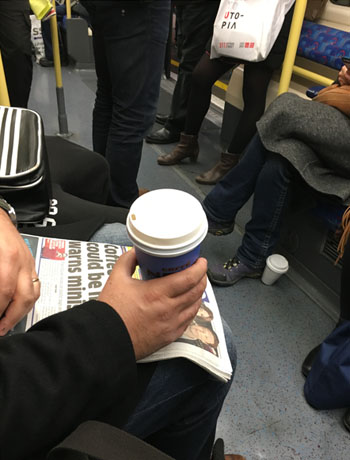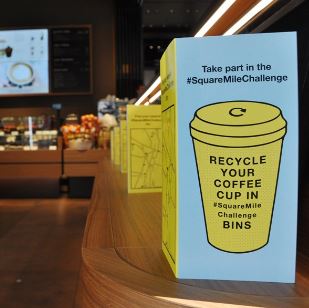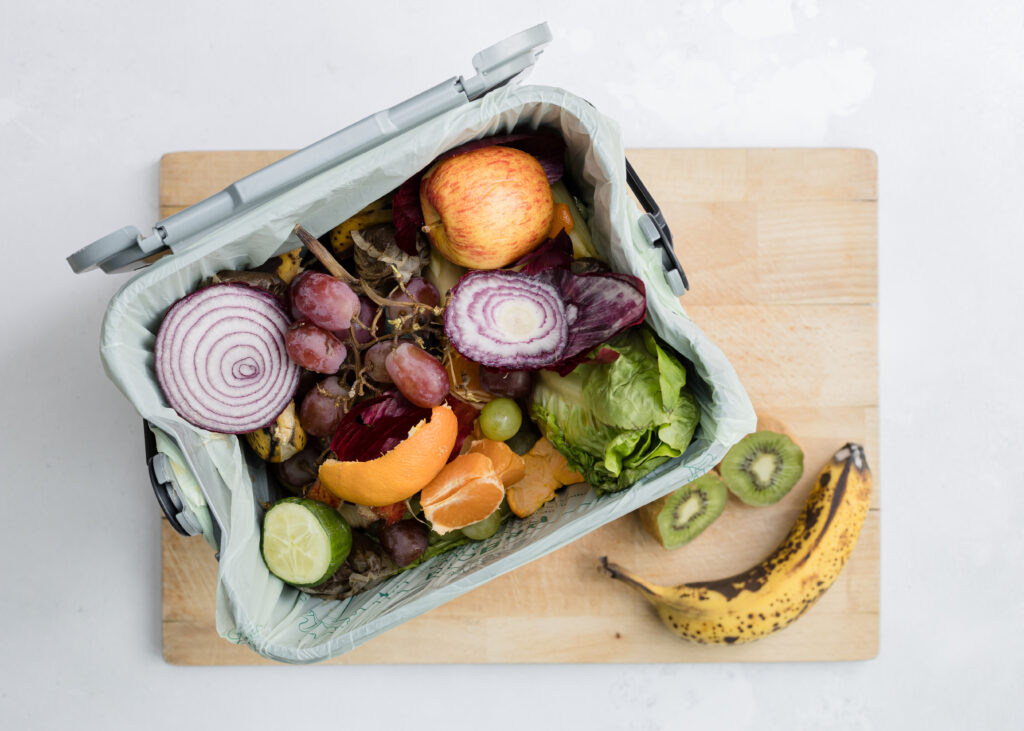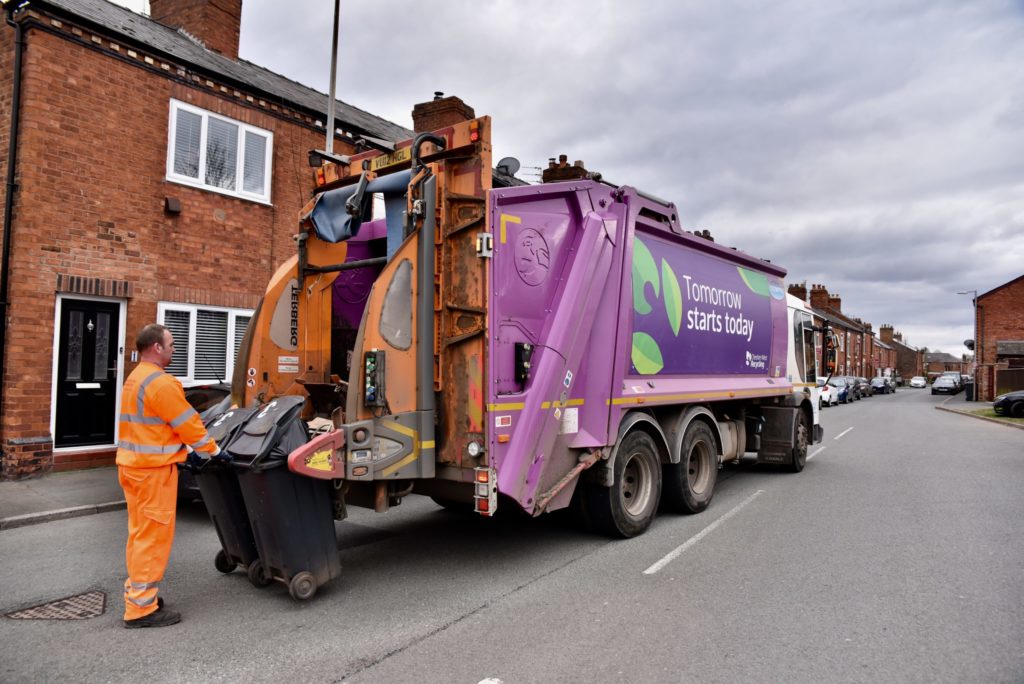Cardboard – or paper – coffee cups have rarely been out of the headlines since cup recycling habits were brought into question last year. With Parliament’s Environmental Audit Committee announcing an inquiry into the impact of cup waste and plastic bottles in March, the race is on to find a sustainable solution for disposal and recycling. But with an estimated seven million single-use cups thrown away in the UK every day, is there a realistic recycling route for this material?
Since celebrity Hugh Fearnley-Whittingstall rounded on the recyclability of takeaway coffee cups in his ‘War on Waste’ programme in July 2016, Britain’s high street drink giants have been savvy in launching new schemes to show they are serious about customers recycling cups at their stores.

In November, Costa launched a nationwide cup recycling scheme in over 2,000 of its shops – which encourages customers to leave or return their used cups so that staff could store them at back of house for recycling. In January, Starbucks announced that it had launched bespoke bins across 20 of its London outlets, designed to encourage ‘street to store’ disposal to ensure single-use cups regardless of branding are recycled. The coffee giant also offers a 25p discount on customers using a reusable cup, an initiative it has had in place ‘for over a decade’.
Liner
But what happens once the single use cups are handed over?
The recycling process remains tricky. Single-use coffee cups are notoriously hard to recycle due to the fact that the card is fused with a polyethylene liner which is difficult to separate once it reaches a paper mill.
And, outside of shops, such as on trains and elsewhere, there is the issue of contamination with some coffee drinkers using their cups as mini-litter bins, adding in materials such as banana skins.
On the retail side, both Costa and Starbucks confirm that they work in partnership with waste management firm Veolia to ensure the cups are recycled, following back of house trials which demonstrated the ‘successful’ recycling of paper cups. And the duo’s cups have the liners on the inside of the cups rather than fused between different layers of paper which helps make recycling easier.
When contacted by letsrecycle.com, Veolia confirmed that it was working with both coffee giants.
A Veolia spokeswoman said: “Once they’re collected from stores they go to one of Veolia’s commercial hubs. Here they’re debagged, separated and baled up ready for onward movement and treatment at paper pulping facilities, which recover the fibre and separate the polymer plastic liner. Specifically all the paper of the cup, the vast bulk of the design, is recycled.”
Details of which specific pulping facilities are used is not available although there are some specialised mills in the UK which can take the material. Other mills can take some volumes of the cups but this necessitates dealing with the cups when a more heavy duty pulping approach than the norm may be needed. The Simply Cups scheme highlights pulping facilities for coffee cups at two mills, James Cropper in Cumbria and the ACE/Sonoco mill at Stainland, Halifax.

James Cropper in Cumbria, has been working on a trial with McDonalds. The mill says that reclaimed fibre contributes around 10% of its total fibre requirement and that it expects to see that amount to gradually rise in the next few years. It adds: “In the past, recycled papers have not been of a quality comparable with papers made from fresh fibre. However, the reason for our investment in coffee cup recycling was to develop a reclaimed fibre that is virtually indistinguishable from fresh fibre and, as such, the quality of the resulting product is not compromised.”
Hubbub
The Veolia-backed project is not the only scheme in town. Environmental charity Hubbub has recently launched the ‘Square Mile Challenge’ which is calling on major employers in the City of London to recycle half a million coffee cups next month, and 5 million by the end of 2017. It follows a similar project which Hubbub undertook with City of Manchester council, which saw 20,000 cups collected from bright yellow bins on Oxford Road and from offices over a three-month trial period.
Gavin Ellis, one of the founders of Hubbub, told letsrecycle.com that as in Manchester, the charity would be concentrating on collections from office spaces and businesses in the Square Mile. However, he added that due to large-scale contamination witnessed in the bins on Oxford Road, Hubbub would not be rolling out street collections.
Once deposited, the cups will be collected by Simply Cups, part of Simply Waste Solutions, which brands itself as the UK’s only cup recycling scheme. These are sent onwards to ACE UK’s specialist carton recycling facility in Halifax. The plant is dedicated to handling post-consumer beverage carton waste, and began accepting paper cup waste in 2016. Until then, the scheme had been feeding James Cropper plc’s Reclaimed Fibre Plant in Cumbria with cups sourced from beverage and hospitality outlets inside the M25 boundary.
Some cups will also do down another route which is thought to have been arranged via Nextek. This will involve the shredding of the whole coffee cup, processing it into a resin which is mixed with recycled plastic to create a new mouldable plastic material. It is not known at this point of time whether this will happen within the UK or overseas.
Process
ACE UK uses a large rotating screw to separate polyethylene and paper into a fibre slurry before being passed through a high density cleaner and screened for remaining pierces of polymer. The material is then passed through a drum thickener and blended with fibre from Sonoco Alcore’s on-site high consistency pulping operation.

The Hubbub scheme has attracted the interest of large single-use cup manufacturers such as Bunzl and Huhtamaki – a founding member of the Paper Cup Recovery and Recycling Group. Businesses which are taking up the challenge within the Square Mile include Marks & Spencer, McDonald’s Nestle, Pret A Manger and, perhaps confusingly, Starbucks and Costa.
Mr Ellis claims that he is aware some individual retailers signing up to the Hubbub trial were already engaged in their own separate collection scheme with Veolia. But, he argues, it is useful to cooperate with them to secure collections “because we want the noise”. He added that “real volumes of paper cup collections come from well managed systems”.
Volume
Regardless of how and where the cups are processed, both Veolia and Simply Waste Solutions are faced with a daunting task. If Hubbub achieves its target of 5 million cups recycled by the end of 2017, this will still be below the amount thrown away across the UK on any given day of the year. It is, Mr Ellis admits, a “drop in the ocean”.
The leftover plastics also present a problem. Veolia suggests that it is still seeking outlets for the liner “with an aim of finding a use for this resource”. Simply Cups claims that is has found a solution for lids and stirrers via Nextek, a consultancy which devises post-consumer plastic waste solutions. This sees the polymer processed into a resin for use in coasters, signage and garden furniture.
In the long-term, the answer could be redesigning single-use cups from the ground up. Simply Cups is currently working with US-based company Smart Planet Technologies to design the ‘reCUP’. The cup looks similar to those already distributed on UK high streets, but contains an inside coating blended with minerals which reduces the plastic content by up to 50% – theoretically making it processable by paper recycling mills. For now though, the race continues.
Related links
Hubbub
James Cropper
Veolia











Subscribe for free